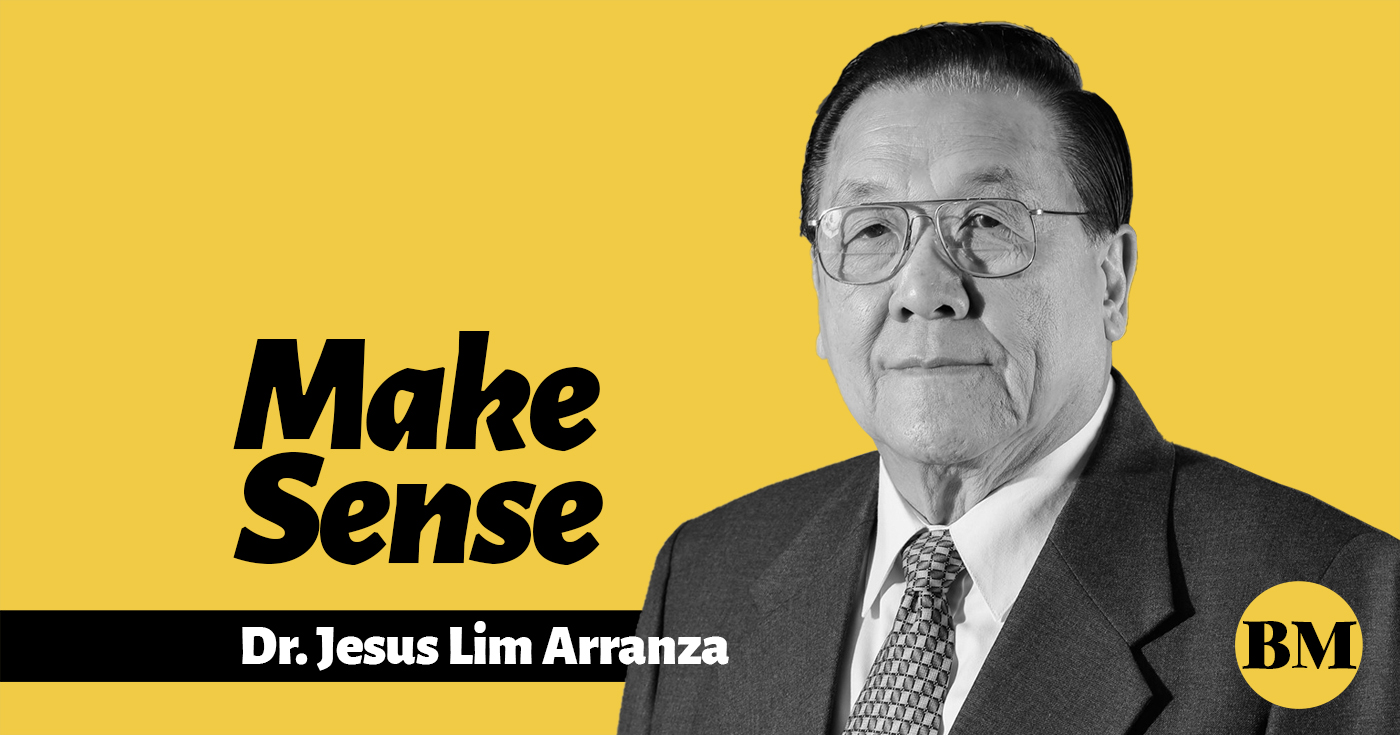THE drug problem of this country is so massive and persistent that President Duterte said the widespread lawlessness and violence brought about by it may lead to a possible suspension of the writ of habeas corpus as a safeguard to protect the people.
This statement drew a lot of attention and attracted various reactions, particularly criticisms from those who have experienced the horrors of a habeas corpus suspension during the dark days of martial law, where many innocent people have been incarcerated or lost their lives in the quest for democracy,
Habeas corpus defined
But what is habeas corpus? It is a Latin phrase which means “that you have the body.” Through the writ, a court can validly order the production of the physical body of the imprisoned person in order to determine the legality of the detention.
This important legal check against tyranny and oppression is an American doctrine, which originated from English Common law when the Saxons invaded England after the end of the Roman Empire. It allows a prisoner to ask for a fair treatment in a trial. The concept became law in 17th-century England, when Catholics were persecuted on account of alleged disloyalty to King Charles II.
The writ recognized that God gave all men three great rights: liberty, personal security and property. Because these rights are inherent, one could not be deprived of it through the use of force, even if for the sake of public order or good.
An individual or his representative should, therefore, voluntarily give up these rights for it to be legal. Eminent jurist William Blackstone explained that the parliament was the only body that can abridge the right of British citizens to petition for a writ of habeas corpus. Thus, the Magna Carta’s declaration that “No free man shall be seized or imprisoned…except by the lawful judgment of his equals or by the law of the land.” The law on habeas corpus was a product of the parliament’s settled view that neither the king, nor any other executive, can remove the right to receive a writ of habeas corpus.
Enshrined in our own Constitution and challenged
The US Constitution enshrined the writ from its English forefathers and found its way in the first Article and the Bill of Rights. As we all know, these precepts became part of the Philippine Constitution and have been tested in several Supreme Court (SC) decisions that reflected various milestones in our history as a Republic.
The writ was suspended in some portions of Luzon by President Elpidio Quirino in his fight against the Hukbalahap movement. Later on, the 1971 Plaza Miranda bombing led President Ferdinand E. Marcos to suspend it anew but many petitions were filed in the SC for the release of several arrested persons. The Court ruled that the suspension had factual and legal basis and, more important, that it had the power to pass upon the legality of such suspension. During the martial law era, the SC, believed to be a “Marcos Court”, held that declaration of martial law automatically suspends the application of the said writ, thus imprisoned Sens. Jose Diokno and Benigno Aquino cannot be released. In a later decision in 1983, the Court flip-flopped again and declared that the validity of the suspension of the writ was a political question and not justiciable.
Limits when writ is suspended
Such uncertainty, fear and trauma produced by the vagueness in the way this very important privilege of the writ led our constitutional commission to clearly indicate in Article 7, Section 18 of our 1987 Constitution that, while the president may, for a period not exceeding 60 days, suspend the privilege of the writ of habeas corpus or place the Philippines or any part thereof under martial law, he or she is also required to submit a report to Congress within 48 hours from the proclamation of martial law or the suspension of the privilege of the writ of habeas corpus.
Most important, the SC may also review the sufficiency of the factual basis of the proclamation of martial law or the suspension of the privilege of the writ of habeas corpus.
The Great Writ was meant to provide citizens with the power to seek court redress when their liberty and security are divested by a strong, abusive state and military machinery. It is a fundamental and essential avenue to challenge illegality and excesses in the way government conducts its drive against criminality, disorder or prevalent societal violence.
The writ is freedom protected and guaranteed. It must be preserved and protected.
























